Here's how Apple uses its monopoly tactics to crush small developers and startups
4 min. read
Published on
Read our disclosure page to find out how can you help MSPoweruser sustain the editorial team Read more
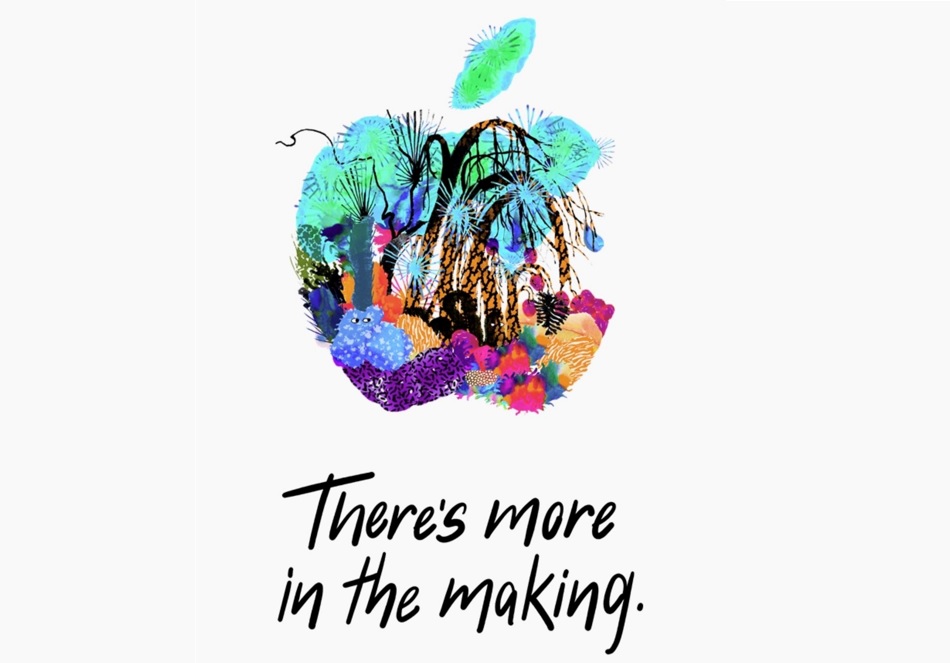
The only way to download 3rd party apps on the iPhone is through the Apple App Store. So, Apple has a monopoly over the App Store through which a billion iOS users download apps and games on their iPhone and iPad. Third-party developers who want to have their apps in the Apple App Store must adhere to certain guidelines. Since the guidelines are set by Apple, Apple may change it anytime to its benefit. Recently, a group of small companies including Tile and Basecamp complained about Apple’s monopoly tactics to the Congressional antitrust subcommittee. Apple’s monopoly tactics stifle innovation.
Here are some of the ways Apple abuses its monopoly position:
1) Huge 30% cut in sales:
Whenever someone buys an app or a game from the Apple App Store, Apple will take a huge 30% cut. For example, if the app costs $1, Apple will take 30 cents. The developer will be left with just 70 cents! This also applies to all in-app purchases and subscriptions. Since there are no alternative stores for iOS users, developers should pay this huge cut to Apple. According to recent rumors, Apple reduces its cut for large developers like Amazon.
2) Draconian App Store rules:
There are some ridiculous rules set by Apple. For example, you can’t tell users to go to a website for making a payment.
Spotify generally costs $9.99 per month, but when selling it through the Apple App Store, Spotify will only receive $6.99 after Apple’s cut. So, Spotify increased the price of its service to $12.99 per month in the App Store alone. Even though customers can save $3 per month when signing up for Spotify through the website, Spotify can’t tell this information to its users during sign-up. If it does, Apple will remove Spotify from the App Store. The current situation is even worse because Apple is also forcing developers not to increase the price for the App Store alone.
Whenever Apple comes up with new technology, it also forces all 3rd party developers to adopt. If the developer fails to adopt, Apple will remove the app from the App Store.
3) Competing with 3rd party apps:
Since Apple has all the App Store data related to which apps and services are gaining users, how much revenue they make and several other crucial data, Apple suddenly enters a market and crushes the competition from 3rd party developers. There are several examples, some of them are listed below.
- Tile is a popular company that is known for helping consumers in finding their lost stuff through Bluetooth trackers. Apple was also selling Tile Bluetooth trackers in retail stores worldwide. Apple is now developing its own competing product that works with Find My app which is pre-installed on all iPhones selling worldwide. Consumers can’t even remove Apple’s Find My app. Also, Tile trackers are now removed from Apple retails stores worldwide. With the latest iOS 13 update, Apple often suggests users disable location tracking of the Tile app on their iOS devices. Apple does not offer a similar suggestion for its own Find My app.
- Spotify was the top music app in the Apple App Store for several years. Things changed suddenly after Apple introduced its own Apple Music service. Apple Music app is now pre-installed on iPhones worldwide and it is promoted in App Store all the time. Also, Apple heavily promotes its own apps and services in App Store search results. You can read about it in detail here.
4) Restricting key API access to 3rd party apps:
In order to provide better user experience than the 3rd party apps, Apple will restrict 3rd party apps from accessing specific APIs and hardware. For example, in 2018, Apple introduced the ScreenTime app that helps users monitor their screen time and allow parents to monitor and control their children’s mobile activity. After a few months, Apple started removing 3rd party apps that offered similar functionality in the App Store. Apple claimed that these apps violated App Store rules without providing any further details.
Another example is related to the new Apple-designed U1 chip that uses Ultra-Wideband technology for spatial awareness. This chip allows iPhone 11 to understand its precise location relative to other nearby U1 equipped Apple devices. Apple will use this chip for its own services while 3rd party apps like Tile will not have access to it.
Application developers can list out several other ways in which Apple abuses its monopoly position. Hopefully, the US government will soon take a look into Apple’s practices and order necessary actions to enable 3rd party developers to effectively compete with Apple.

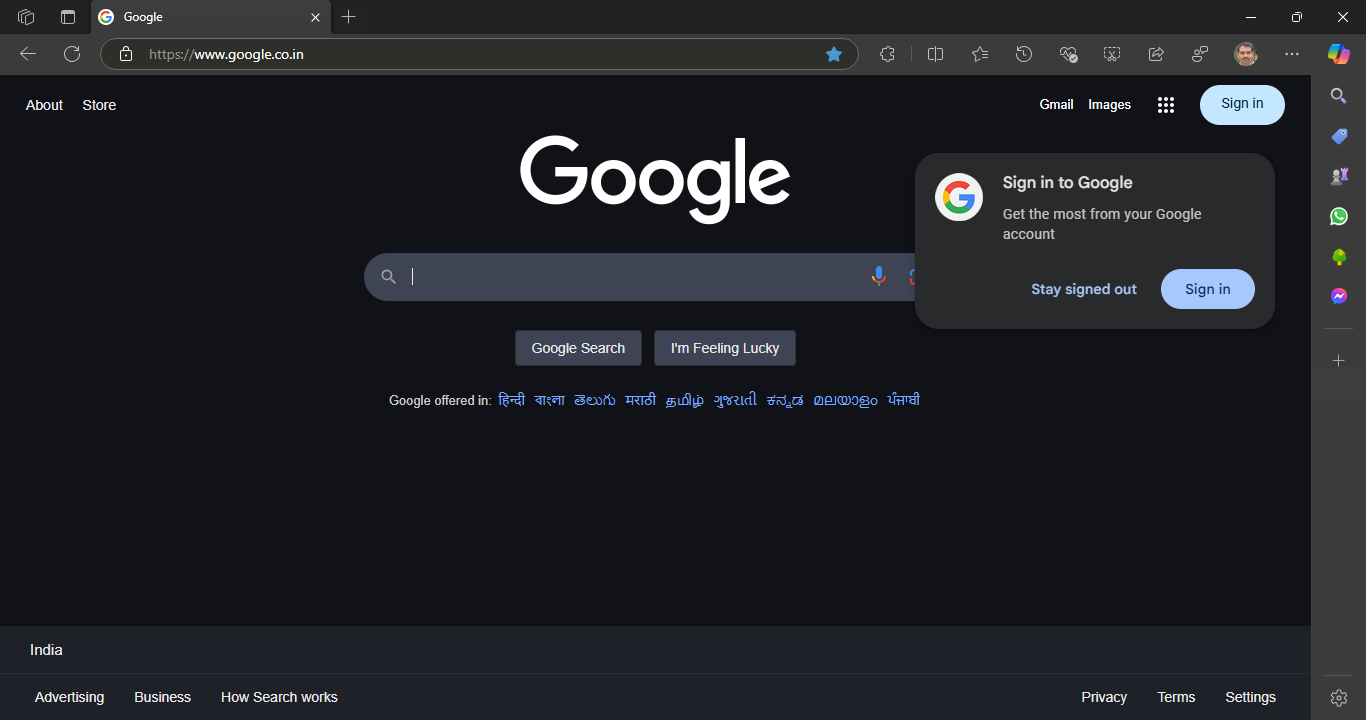
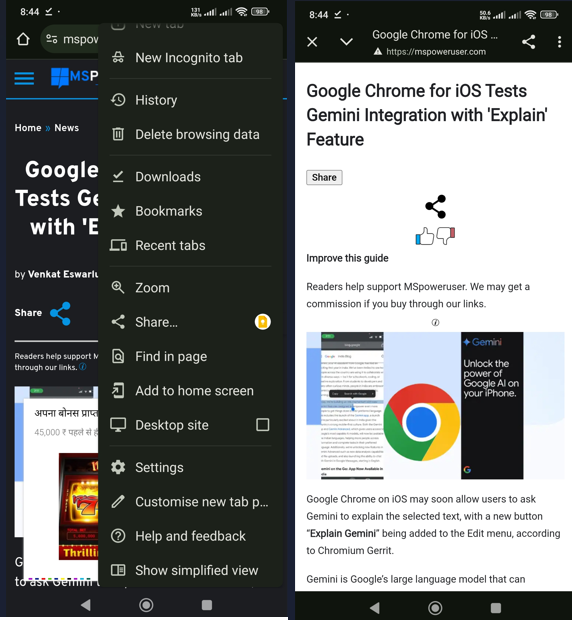
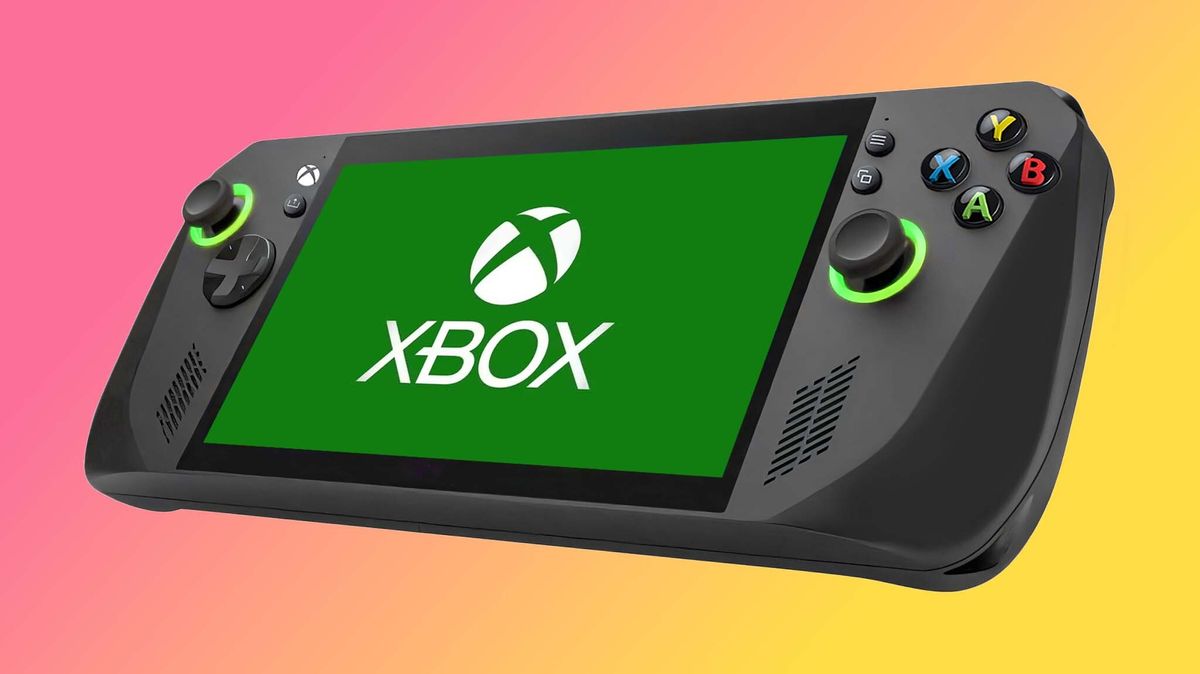

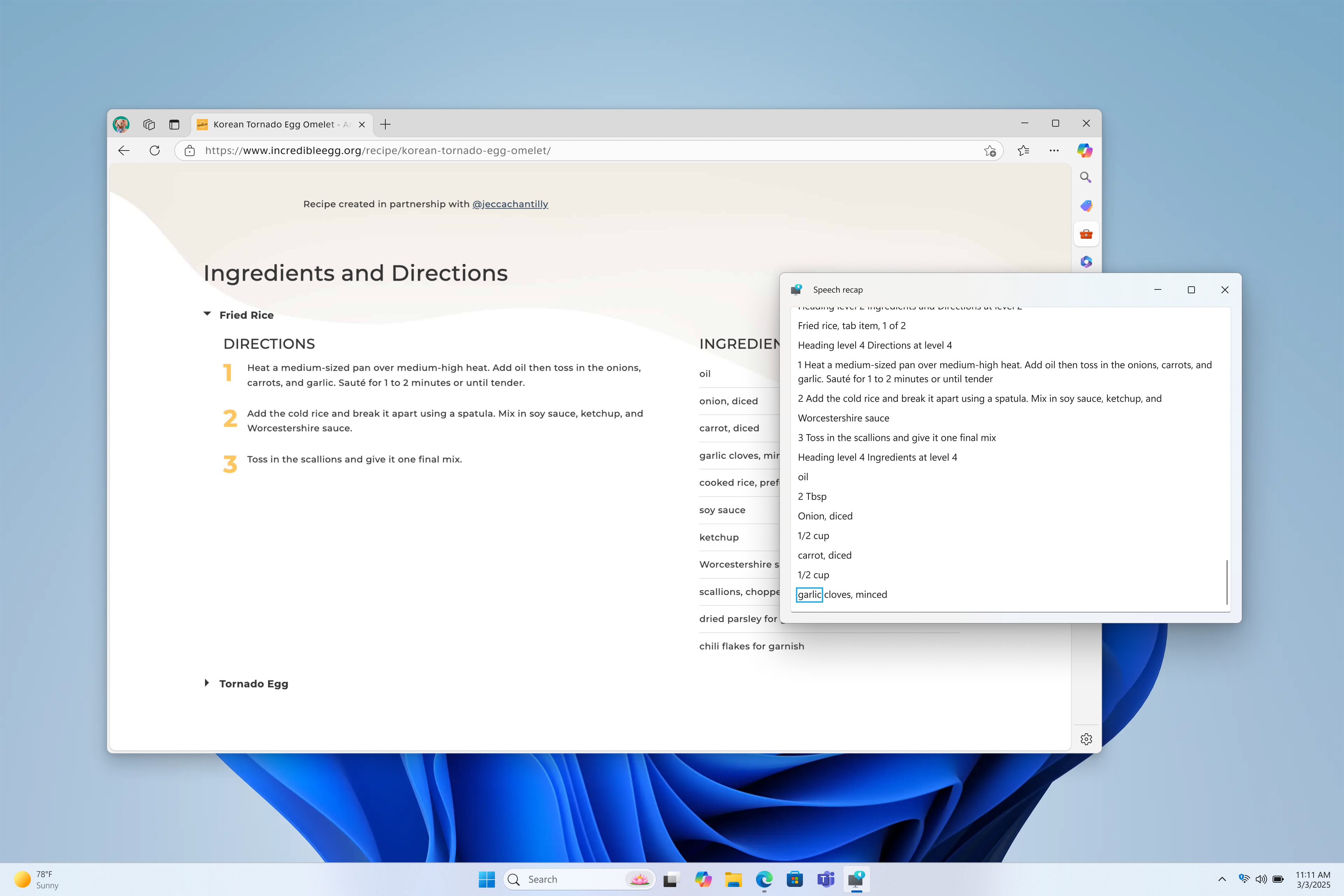
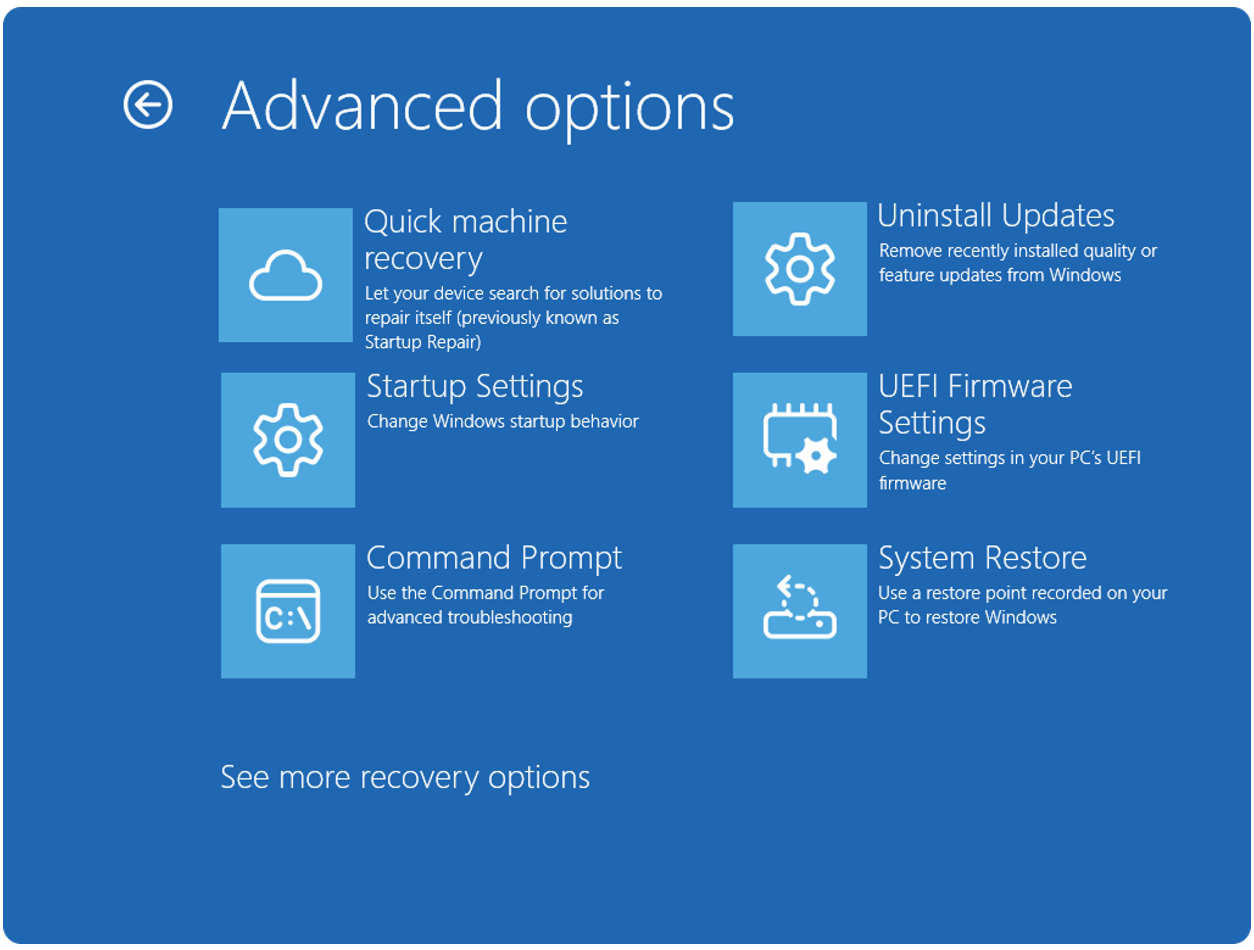


User forum
0 messages